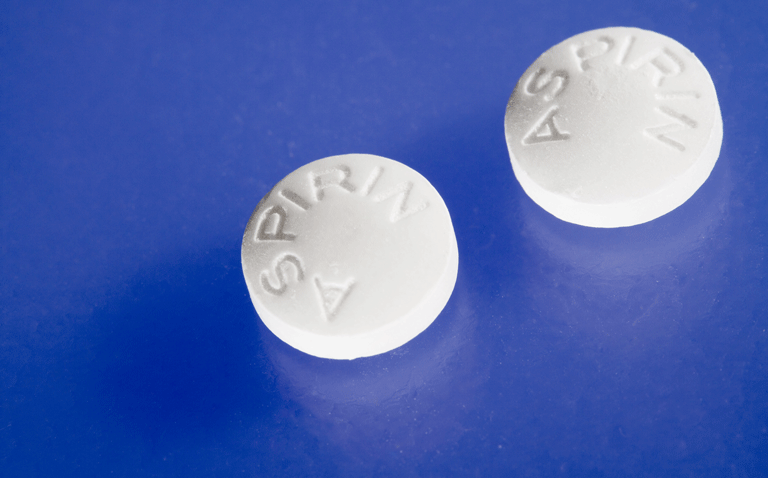Aspirin use among patients both with and without cardiovascular disease is associated with an increased risk of incident heart failure
Aspirin use is associated with an more than a 20% increased risk of heart failure in those with and without cardiovascular disease according to the results of an analysis by researchers from the Research Unit Hypertension and Cardiovascular Epidemiology, University of Leuven, Belgium.
Heart failure (HF) is best described as a clinical syndrome and which is characterised by symptoms including breathlessness, ankle swelling and fatigue, due to structural and/or functional cardiac abnormality, leading to a reduced cardiac output and/or intra-cardiac pressures at rest or during stress. Furthermore, HF is associated with a associated with a hyper coagulable state and autopsy studies have found that acute coronary events are frequent in HF patients who die suddenly, highlighting the potential value of using anti-thrombotic therapy. Although low dose aspirin is no longer recommended for the primary prevention of cardiovascular disease, the role of anti-thrombotic therapy in heart failure is less clear with one study concluding that there was ‘no evidence that aspirin is effective or safe in patients with heart failure.’ In contrast, a 2014 study concluded that ‘low-dose aspirin therapy was associated with a significant reduction in mortality and morbidity risk’ in patients with heart failure.
With some uncertainty over the value of aspirin use in patients with HF, the Belgian researchers sought to gain a better understanding of the role and value of aspirin. They turned to the Heart ‘Omics’ in aGEing (HOMAGE) database, which contains patient-level data for over 30,000 individuals from 21 studies and developed models to examine the impact of aspirin using both a derivation and validation set. At baseline all participants were free of heart failure and at the time of entry into studies, aspirin use was recorded and patients dichotomised as either ‘users’ or ‘non-users’. Other data included in the subsequent analysis were demographics and relevant clinical information such as the presence of co-morbidities and any history of cardiovascular disease.
Findings
In the HOMAGE dataset, the study population included 30,827 individuals (19,257 in the derivation set) with a mean age of 66.8 years (33.9% women). Overall, 26.4% had a a history of coronary artery disease and the biggest co-morbidity was hypertension (85.8%).
After a median follow-up period of 5.3 years, 1330 patients experienced either fatal or non-fatal HF with an incident rate of 14.5% (95% CI 13.4 – 15.7%) in the aspirin use group versus 5.9% (95% CI 5.5 – 6.4%) in the ‘non-aspirin’ group. In the HOMAGE dataset, the fully adjusted hazard ratio for aspirin use in those with cardiovascular disease was 1.26 (95% CI 1.12 – 1.41, p < 0.001) and 1.23 (95% CI 1.06 – 1.41, p = 0.004) among those without cardiovascular disease.
Commenting on these findings, the authors concluded that aspirin use increased the risk of incident HF in patients with and without prior cardiovascular disease, adding that ‘our observations suggest that aspirin should be prescribed with caution in patients at risk of HF or having HF.’
Citation
Mujaj B et al. Aspirin use is associated with increased risk for incident heart failure: a patient‐level pooled analysis. ESC Heart Fail 2021










